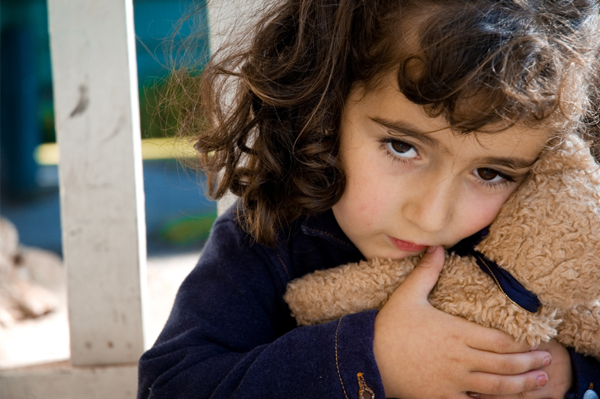When you experience the death of a loved one, going to the funeral is part of the grieving process – it allows you to start to come to terms with the loss. However, when it comes to children, you need to think carefully before taking them to a funeral. The key question is whether this is going to help them, or whether it would be better for them to deal with the death in other ways. Here are some things that you should consider before making the decision.
A funeral can be a strange and confusing event for a child, especially if they have never been to one before. People at the funeral will show a whole range of emotions that your child will not recognize – starting with grief and despair. This can cause so much stress for your child that they withdraw emotionally or start to misbehave to compensate.
It is also important to understand that children don’t understand death in the way that we do, particularly if they are very young. It may take them a long time to realize what death means when it does happen, and because of this they often don’t get the same benefits that an adult would from attending a funeral. Instead, coming to terms with death is often a gradual process for children, and they need answers to questions such as when they are going to see grandma again.
Aside from strange emotions, children may see other things at a funeral that they find deeply disturbing. For example, if there is an open casket, it will be difficult for children to understand why grandma is lying there but isn’t talking to them. You may feel that your child is old enough to cope with this, but as a minimum you still need to prepare them in advance so that they can deal with the situation when they encounter it. On the other hand, you may decide you want your child to attend the funeral but you don’t want them to see the body. In this case, it is a good idea to have a conversation with the funeral home, such as the American Cremation & Casket Alliance, to see how this could be arranged.
Every child is different, and you know your own child best. It is a very personal decision whether or not to take your child to a funeral – the entire subject goes to the very core of your beliefs and value system. However, keep in mind that children often don’t let you know when they are confused or upset. For instance, they may not want to make you sad, or they may feel ashamed about their own feelings. Therefore, no matter what decision you make, remember that it is incredibly important to continue to talk to your child in the following weeks and months. You need to answer their questions, and to help them deal with their emotions and even their frequent misconceptions about death itself.

